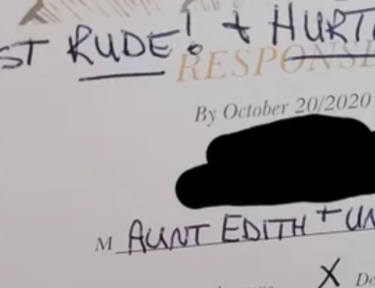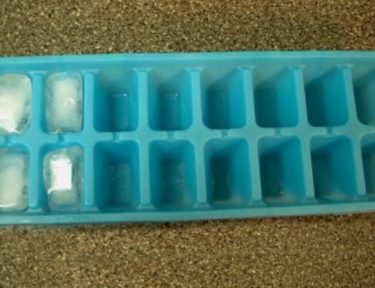Here Are 5 Foods You Should Never Rinse, and 3 Foods You Should Always Rinse
Let us ask you a question: What do you do before preparing a meal? If you gather all of your ingredients and then begin to wash each and every one, you might actually be doing it wrong.
While it seems intuitive to want to wash anything and everything that goes into our bodies, it’s actually not necessary at all to do so. In fact, these foods actually run the risk of contaminating other parts of your kitchen.
Certain foods definitely need to be rinsed off in the sink before cooking in order to get rid of any bacteria or impurities that might risk you getting sick. Let’s start with those.
One of the most important foods to wash is shellfish. From clams to mussels, rinse those little sea creatures off thoroughly before you throw them in the pot or pan. These are usually filled with lots of sand or dirt, and if you go without watching, it’ll end up in your meal, causing a gritty, crunchy texture no one likes.
Washing shellfish actually requires a long process—first, rinse them well under running water, which will get rid of the initial sediment. Then you’ll want to soak them in a bowl of cold water and salt in the fridge. Scoop them out with a slotted spoon after about a half hour, leaving the water in the bowl. You’ll see there’s probably a lot of sand and grossness that settled to the bottom—you could’ve eaten that!
Secondly, always wash your fresh herbs. Like shellfish, many herbs, from dill to rosemary, thyme, and everything in between, can contain a host of dirt. And yes, that includes the ones you get at the farmer’s market or pick from your garden. In fact, those are likely the herbs that need the most thorough washing.
For small bundles of herbs, you can simply rinse them under cold running water and pat them try with a paper towel. For bigger bunches, you can soak them in a bowl of water and watch as the grime sinks to the bottom.
The last food you should always wash is pretty unexpected—it’s rice! While you likely didn’t grow up washing your rice before cooking it, it’s actually said to remove surface starches from the grains. It also reduces any bacteria that may be present and even makes the rice fluffier and more flavorful once cooked.
To wash rice, simple rinse it in its uncooked form in cold water, and then drain it—at least two, maybe three times for optimal cleanliness and taste. Hey, don’t knock it til you try it!
Perhaps surprisingly, the list for foods you should never wash or rinse before cooking is longer than the ones you should wash. In fact, washing these foods may be doing you more harm than good.
To find out what the 5 foods you should never wash are, check out the video below.
Are you surprised by the foods you should and shouldn’t wash? Do you typically abide by these rules when cooking?




